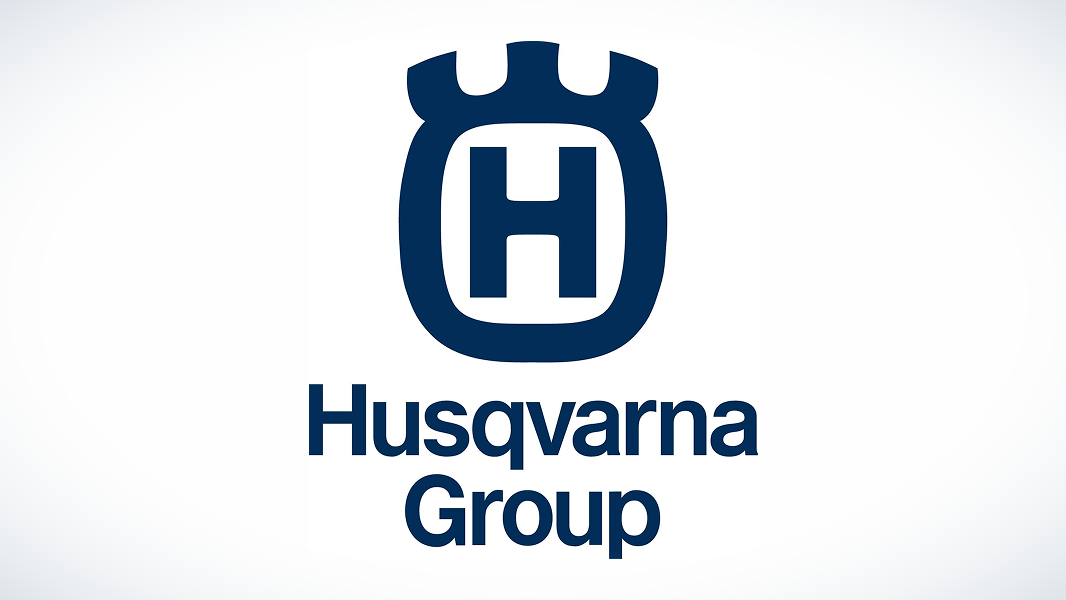Husqvarna AB (OTCPK: HSQVY) – Global Leader in Outdoor Power Products | Company Profile
Husqvarna AB, based in Sweden, is a global leader in outdoor power products, including chainsaws, trimmers, robotic lawn mowers, and garden tractors, serving customers worldwide.

I. Company Introduction
Husqvarna Group was founded in 1689, with its headquarters in Stockholm, Sweden, and has 13,789 full-time employees. The company manufactures and sells outdoor power products, watering products, and lawn care power equipment. It has multiple business divisions and its business spreads across many regions globally.
Official Website: https://www.husqvarnagroup.com/
II. Main Business Segments
-
Husqvarna Forest & Garden Department: It provides handheld products such as chainsaws, lawn mowers, trimmers, and leaf blowers; wheeled products such as front-mounted riding lawn mowers and zero-turn lawn mowers; robotic lawn mowers; as well as accessories and spare parts, meeting the needs of the forestry, landscaping, commercial lawn and garden service industries, and home and garden owners for outdoor gardening operations.
-
Gardena Department: It offers residential and smart watering solutions; robotic lawn mowers; garden hand tools; electric gardening tools; and smart garden systems, focusing on providing comprehensive garden care products and intelligent solutions for home garden owners.
-
Husqvarna Construction Department: It provides power cutters, light compaction and concrete pouring equipment, dust removal and slurry solutions, diamond tools for the construction and stone industries, surface treatment equipment, floor saws, and demolition robots, serving the light construction and stone industries.
III. Technological and Business Advantages
-
Historical and Brand Advantages: Founded in 1689, it has a history of over 300 years and is one of the oldest continuously operating companies in the world. Through long-term development, it has accumulated a profound brand heritage. Brands under its umbrella such as Husqvarna and Gardena have high popularity and reputation in their respective fields, and are highly recognized by consumers.
-
Product Diversification Advantages: Its business covers multiple fields such as outdoor power products, watering products, lawn care power equipment, and equipment related to the construction and stone industries. With a rich variety of products, it can meet the diverse needs of different industries and customer groups, diversify market risks, and enhance market competitiveness.
-
Innovation Capability Advantages: It continuously launches new products and technologies, such as the world's first solar-powered robotic lawn mower, the autonomous robotic lawn mower Husqvarna CEORA, etc., demonstrating strong innovation capabilities. This helps it maintain a leading position in the industry and meet the market demand for intelligent and efficient products.
IV. Development History
| Time | Key Events |
|---|---|
| 1689 | Established as a state-owned rifle factory, with about 1,000 employees in the early 18th century. It was separated from Husqvarna Vapenfabriks Aktiebolag in 1959 and stopped producing shotguns in 1989. |
| 1872 | Due to the decline in rifle demand, it began to produce sewing machines using the machines for manufacturing rifles. |
| 1874 | Established a foundry, produced sewing machine parts, and expanded its product range to include cast iron kitchen equipment, stoves, and ovens. |
| 1896 | Began to produce bicycles, and the last bicycle was produced in 1962. |
| 1903 | Manufactured the first motorcycle. Since the 1930s, it has helped in manufacturing successful racing motorcycles. It won the Motocross World Championship from 1959 to 1960. It was divested in 1987 and has been owned by KTM since 2013. |
| 1919 | After acquiring Norrahammars Bruk, its product range expanded to heating boilers and lawn mowers. In 1947, it tested an engine-driven lawn mower. |
| 1959 | With the increasing importance of forestry, it produced the first chainsaw using its expertise in engines. |
| 1968 | Converted a saw into an electric cutter, which became the starting point of the Husqvarna Construction business. |
| 1978 | Acquired by Electrolux. |
| 1986 | The motorcycle division was sold to Cagiva. |
| 1995 | Launched the world's first solar-powered robotic lawn mower. |
| 1997 | Sold Husqvarna brand sewing machines to the VSM Group, which later became part of SVP Worldwide. |
| 1999 | Acquired Nebraska lawn mower manufacturer Yazoo/Kees. |
| 2006 | Spun off from Electrolux and operated independently. |
| 2007 | Acquired Gardena and became a leader in the European consumer watering products field, and acquired Zenoah to expand into the Japanese market. |
| 2008 | Acquired China's Jenn Feng and built a new factory to expand its business in Asia. |
| 2009 | Launched the first remote-controlled demolition robot. |
| 2013 | Invested in a new chainsaw chain production facility in Huskvarna and developed and sold snow blowers. |
| 2017 | Acquired floor grinder and related diamond tool manufacturer HTC Sweden AB and its subsidiaries in multiple countries. |
| 2018 | Authorized German Pexco GmbH to produce electric bicycles. |
| 2019 | Celebrated its 330th anniversary and 60 years as a chainsaw manufacturer. |
| 2020 | Acquired floor grinder and related diamond tool manufacturer Blastrac and its European subsidiaries. |
| 2022 | Launch of autonomous robotic lawn mower Husqvarna CEORA |
| 2024 | Acquired ETWater, a smart irrigation management company, from Rivulis; signed an agreement to acquire the Brazilian company InCeres on August 23. |
Disclaimer: The views in this article are from the original Creator and do not represent the views or position of Hawk Insight. The content of the article is for reference, communication and learning only, and does not constitute investment advice. If it involves copyright issues, please contact us for deletion.